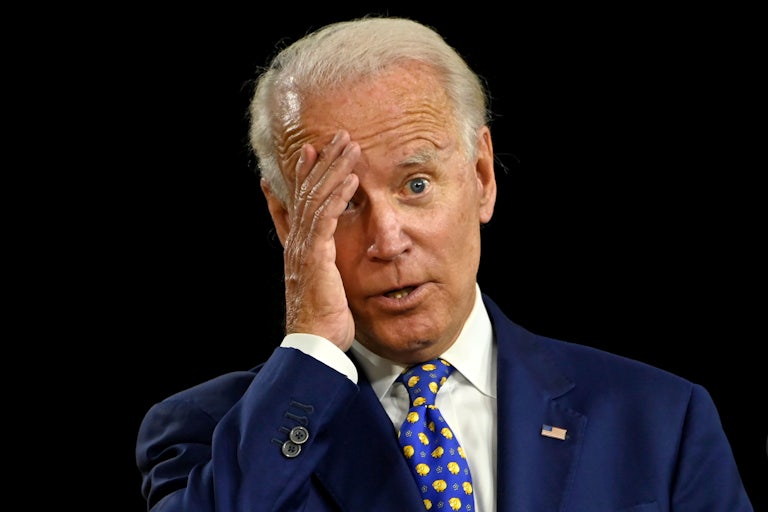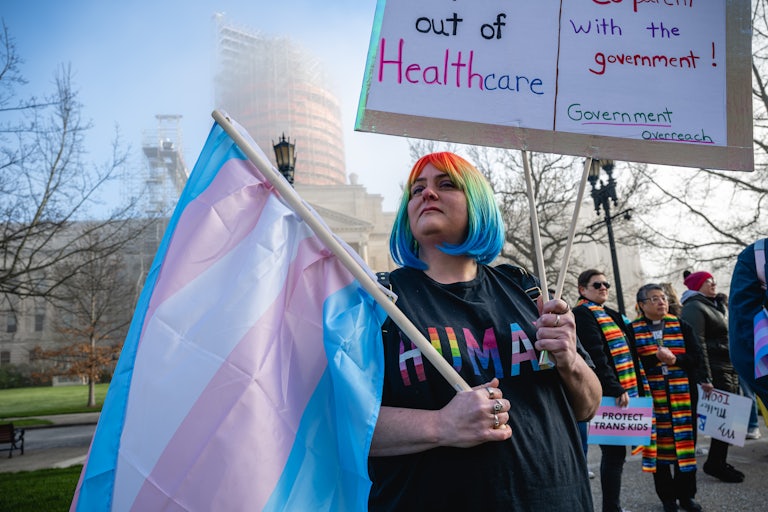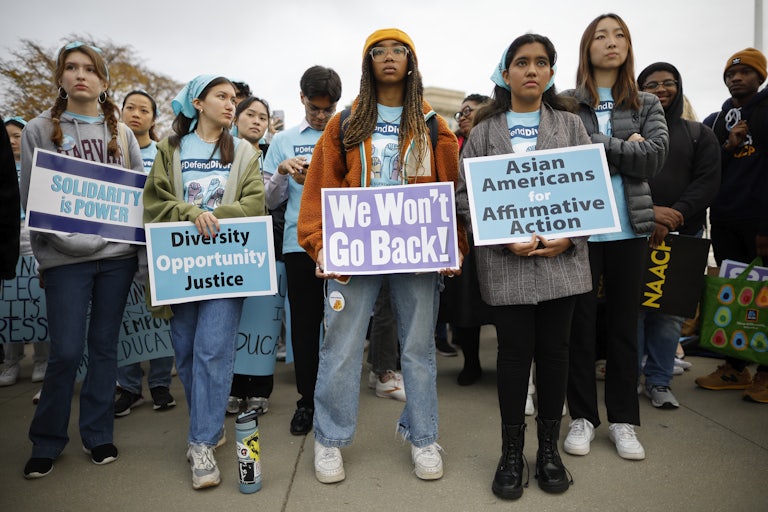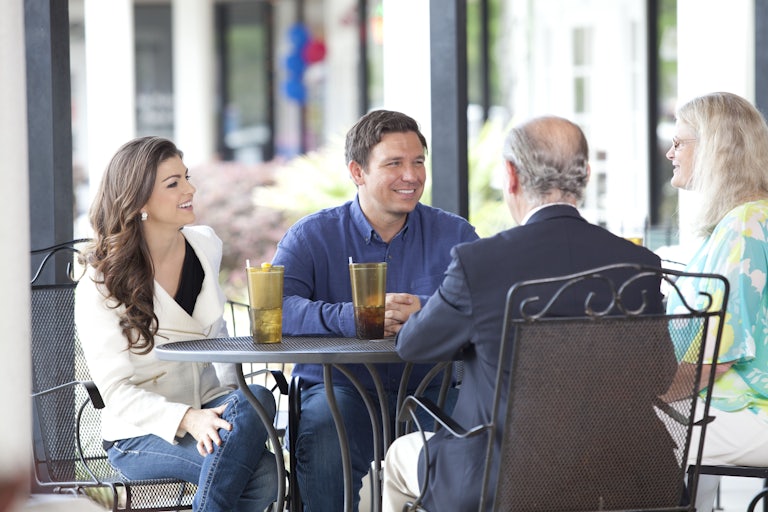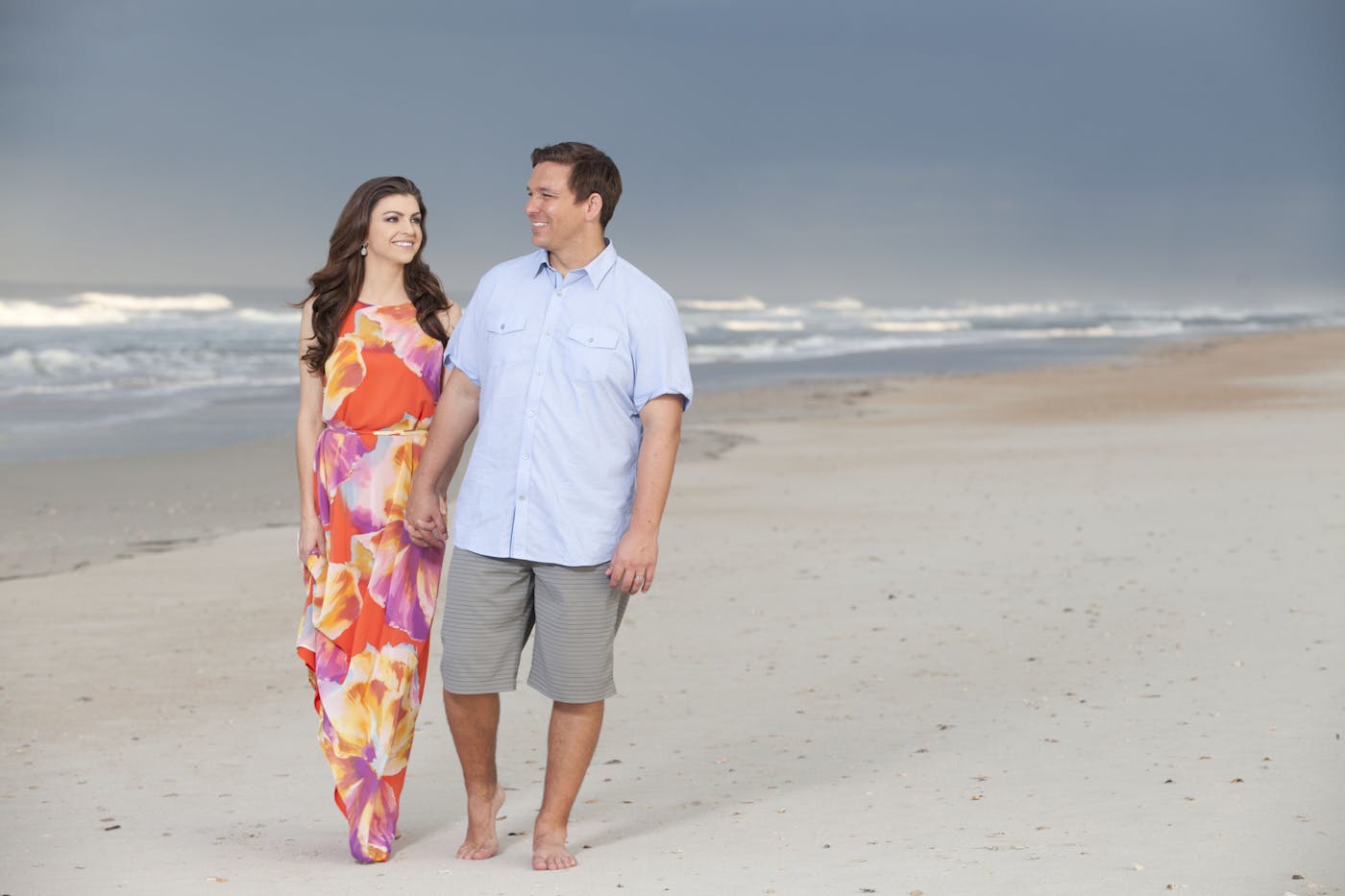The Supreme Court Just Used a Fake Case to Make It Easier to Discriminate Against Gay People
In America, Neil Gorsuch writes, people are “free to think” that gay people are “illegitimate.”
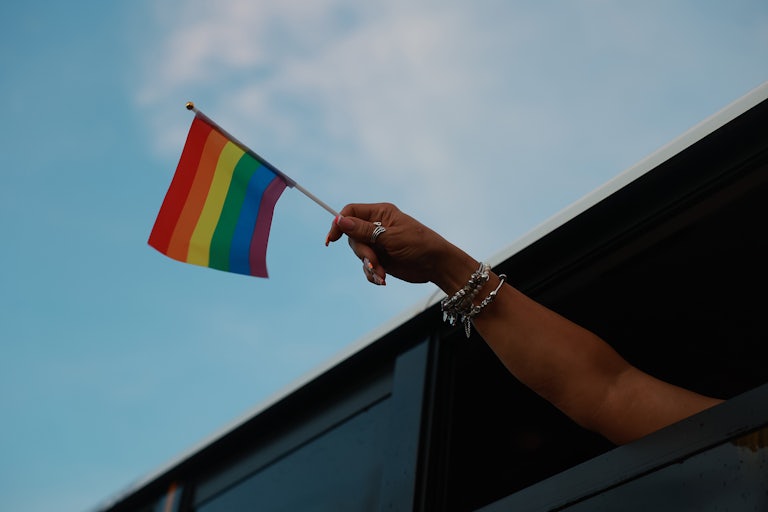
The Supreme Court ruled 6–3 in favor of a Colorado web designer’s crusade to make exemptions from anti-discrimination laws so she can refuse to provide services for same-sex weddings.
“Consistent with the First Amendment, the Nation’s answer is tolerance, not coercion. The First Amendment envisions the United States as a rich and complex place where all persons are free to think and speak as they wish, not as the government demands,” the court wrote in an opinion led by Justice Neil Gorsuch.
303 Creative LLC v. Elenis is among the most peculiar cases to reach the highest court of the land. Since 2016, web designer Lorie Smith had been appealing courts to outright make exceptions to Colorado anti-discrimination laws, so she could provide wedding website design services to straight couples only. Smith’s initial suit with a Colorado district court failed in 2019, and her subsequent appeal to the Tenth Circuit Court of Appeals failed as well. The Supreme Court took up her case in February 2022.
Puzzlingly, before she actually filed the first suit in 2016, Smith had apparently never designed a wedding website. Even weirder: She had never apparently been asked to provide services to a same-sex couple up to that point either.
Enter supposed couple “Stewart and Mike,” who apparently submitted a request to Smith for her services one day after she filed her case in Colorado’s U.S district court in 2016. Stewart apparently wanted to plan some design work for his wedding with Mike “early next year.”
But after The New Republic reached out to Stewart directly—his contact information was readily accessible in court documents—the story fell apart: He said he had never submitted the form; he said TNR’s call was “the very first time I’ve heard of it.”
“It looks like Smith and her attorneys have, perhaps unwittingly, invented a gay couple in need of a wedding website in a case in which they argue that same-sex marriages are ‘false,’” TNR’s Melissa Gira Grant writes.
This flimsy story befits a complaint with little to no substance. No one has caused actual, material harm to Smith that may prompt legal action at all. Colorado’s anti-discrimination law is the supposed villain here, according to Smith’s legal team. Such a law apparently prevents Smith from being able “to bring glory to God by creating unique expression that shares her religious beliefs of creating wedding websites,” her lawyers argue. “She only wants to make websites that comport with her values that same-sex marriage is illegitimate.”
And now, with the Supreme Court’s blessing, people like Smith can openly discriminate against anyone they see as “illegitimate.”


